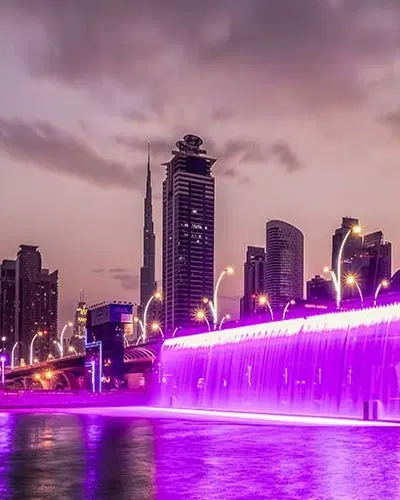Past Perspective of Dubai Real Estate Development
The journey of Dubai's real estate market is nothing short of amazing. Initially reliant on fishing and pearl diving, Dubai's economy started to reshape with the discovery of oil in the 1960s. However, the foresight of Dubai's leadership quickly steered its focus towards diversification, emphasising tourism, aviation, real estate, and financial services. This strategic shift not only reduced the dependency on oil but also laid the foundation for a robust real estate sector.
In the early year of 2001, the government introduced freehold property rights, welcoming foreign investors to own properties in Dubai. This move unleashed a wave of investments from around the globe, transforming the real estate landscape. Very Popular projects such as the Burj Khalifa, the world's tallest building, and the Palm Islands, an audacious set of man-made islands, were no longer fantasies.
Infrastructure development kept pace, with state-of-the-art facilities, expansive highways, and the Dubai Metro augmenting the city's appeal. The introduction of various residential and commercial projects catered to a different range of tastes and budgets, underlining the city's commitment to accommodating everyone, from the luxury-seeking billionaire to the average expatriate.
Government policies have always played a pivotal role in this sector. Initiatives like the Dubai Land Department and Real Estate Regulatory Agency (RERA) were established to regulate and provide a stable environment for real estate investments. Such measures not only infused confidence among investors but also structured the market, guiding it towards sustainable growth.






